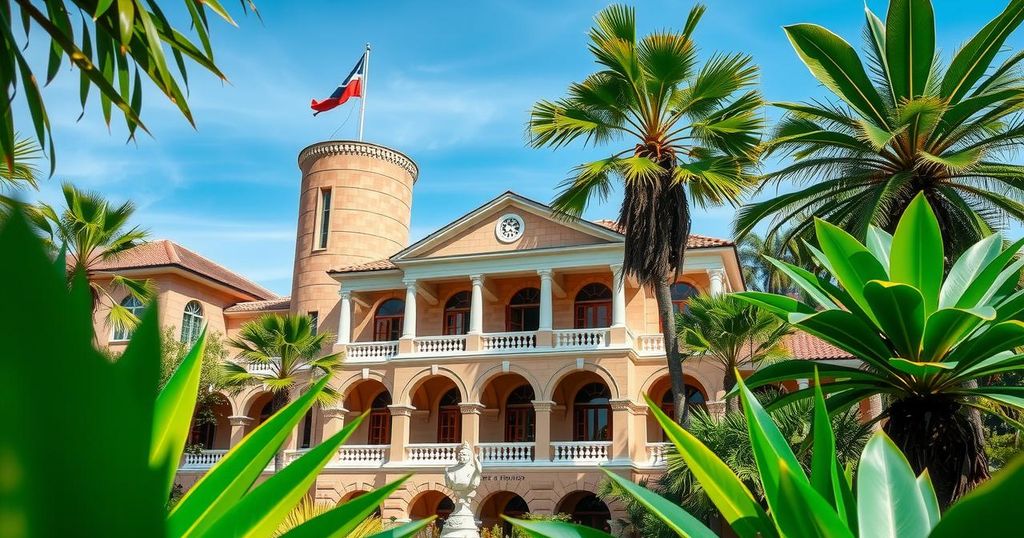Minister Bizimana criticized the UN Group of Experts on DR Congo for alleged report bias against Rwanda, citing expert partiality and conflicts of interest. He noted that efforts against the FDLR have failed, and raised concerns over the credibility of specific experts, emphasizing the need for impartial reporting to enhance regional peace.
Jean-Damascène Bizimana, the Minister of National Unity and Civic Engagement, has criticized the selection process and reports of the UN Group of Experts on the Democratic Republic of Congo (DR Congo). He contended that these reports exhibit bias against Rwanda. These observations were made during a gathering on March 5, attended by Members of Parliament, government officials, and civil society representatives to address the persistence of genocidal ideologies in the region.
Minister Bizimana underscored that since 2008, various international bodies, including the UN Security Council and the African Union, have condemned the FDLR militia for its human rights violations and have called for its disarmament. Nevertheless, he lamented that these measures have proven ineffective, allowing the militia to thrive unchallenged within DR Congo.
While acknowledging the expertise of the UN experts assigned to DR Congo, Bizimana questioned their impartiality, citing particular individuals as examples of bias. He pointed out Roberto Garreton, a Chilean expert, who purportedly demonstrated favoritism in his reports, claiming Garreton had suggested a Tutsi-led conspiracy to dominate the Great Lakes Region, a perspective he addressed in multiple publications.
Bizimana noted that former UN Secretary-General Kofi Annan had previously mandated the review of Garreton’s reports by Rwanda before submission to the Security Council. He expressed concerns that such procedural safeguards are no longer operational, alleging that the experts produce reports based on their biases, which then inform Security Council decisions.
Additionally, he highlighted Steve Hege, an American expert who led the Group from 2010 to 2013, alleging he had business interests in DR Congo by starting a mineral extraction company while still serving as an expert. This association raised questions regarding his ability to remain impartial in matters concerning Rwanda.
Lastly, the Minister discussed Bernard Leloup, another UN expert, emphasizing his inauspicious ties to anti-Rwandan sentiments originating from his academic background. Leloup’s alleged hostility towards President Kagame was flagged by Bizimana, asserting that such a disposition undermined his ability to serve impartially as a UN expert on DR Congo issues.
In light of the accusations against Rwanda for its alleged support of the M23 rebel group and the subsequent sanctions imposed by Western nations, Minister Bizimana reiterated Rwanda’s position against these claims, attributing their motivations to security concerns related to the FDLR. He pointed out the troubling lack of international action in response to incitements against Tutsi in DR Congo despite the rampant provocations from Congolese political leaders.
Minister Bizimana’s critique of the UN Group of Experts underscores significant concerns regarding bias and conflict of interest among the selected individuals. He articulated that the ineffective disarmament of the FDLR, coupled with partial reporting, hinders peace efforts in the region. Rwanda maintains that misunderstandings and accusations fueled by these reporting biases need to be addressed to foster stability in both Rwanda and DR Congo.
Original Source: www.newtimes.co.rw






